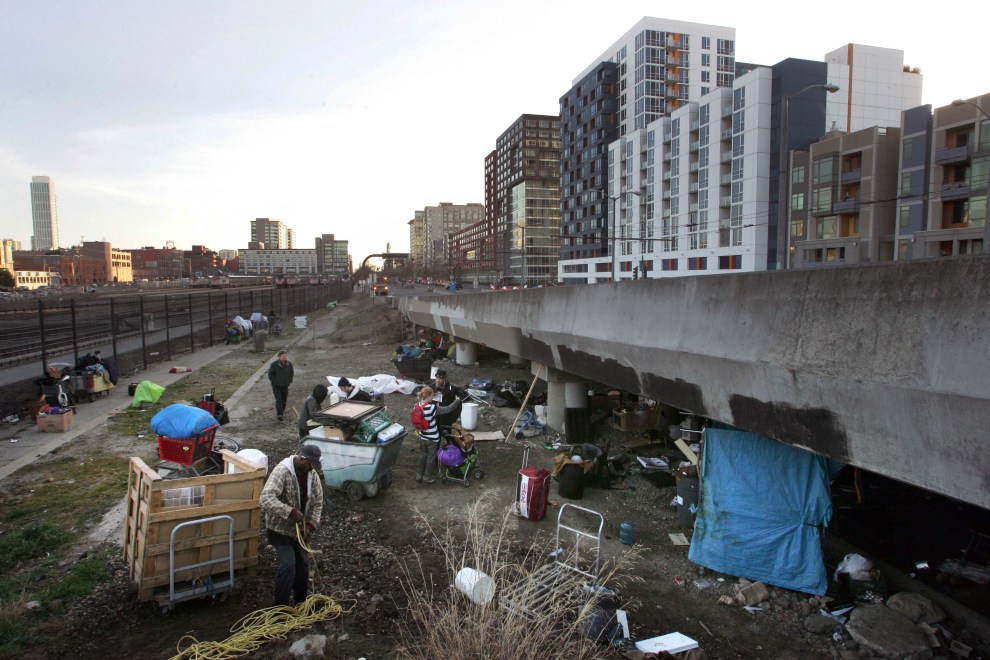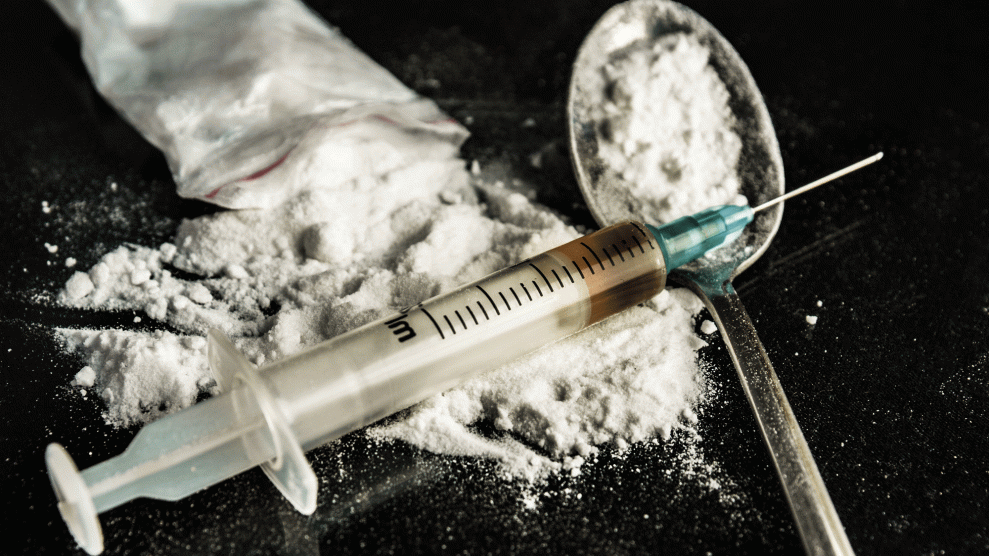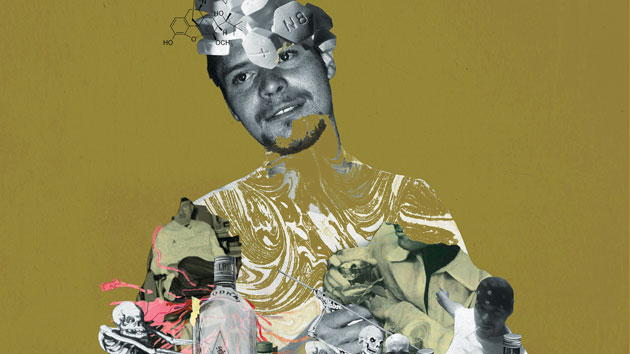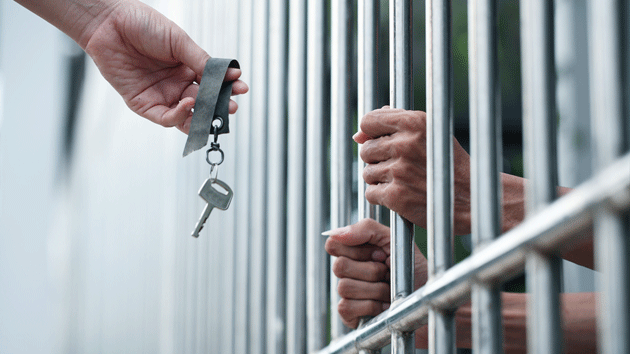
A group of homeless people pack up their belongings at a camp located under Interstate 280 in San Francisco.Mike Koozmin/AP
California’s experiment with releasing thousands of drug offenders from its prisons—a major step in the fight against mass incarceration—has run up against a big problem: Once they’re out, there aren’t enough social service programs to help these offenders overcome addictions and restart their lives.
At least 13,500 inmates have been freed in California since 2014, when voters passed a measure called Proposition 47 that reclassified simple drug possession as a misdemeanor rather than a felony. But the state has not yet invested enough money in treatment programs, according to a seven-month investigation by journalists at the Desert Sun, the Ventura County Star, the Record Searchlight, and the Salinas Californian. The end result: Thousands of addicts and mentally ill people have gone from incarceration to the streets, without a safety net to help them deal with substance abuse.
“Prop 47 was not a cure-all. It’s not a panacea,” Michael Romano, a Stanford law expert who helped draft the proposition, told the reporters. It succeeded in getting drug offenders out of overcrowded prisons and jails, he says, but that’s just “one piece in an extraordinarily complicated puzzle.”
It costs about $20,000 to send someone through inpatient drug treatment, which typically lasts six months to a year. It costs three times more to keep him in jail or prison for a year. Under Prop 47, the millions of dollars saved in prison costs were supposed to be earmarked for rehabilitation programs to help inmates restart their lives. The reporters—who filed 65 records requests, pored over thousands of pages of public documents, and interviewed dozens of policymakers, police officers, and former felons for their investigation—found that not a single cent had been spent yet on these programs. An agency has been working to allocate the money for a year and a half, but it just started accepting bids last month to give out its grants. During this fiscal year, which started in October, the state plans to spend $34 million of its $67 million Prop 47 fund on programs to help the mentally ill, addicts, and youth offenders.
In the meantime, drug treatment programs are struggling with long waiting lists. “People die waiting to get treatment,” David Ramage, an administrator at Impact Drug and Alcohol Treatment Center in Pasadena, which has a 90-day wait list, told the reporters.
At the same time, when new offenders land in drug court, where they have a choice of either going through probation or rehab, fewer choose rehab now—because a misdemeanor offense may be a quicker ordeal and less restrictive. The longest-running drug court program in Los Angeles has seen its enrollment drop from 80 people to just 4, the reporters found. For more, check out the full investigation here.














